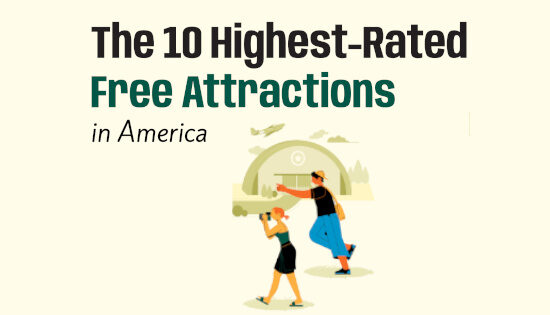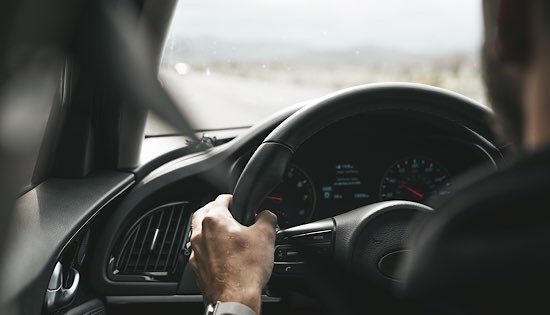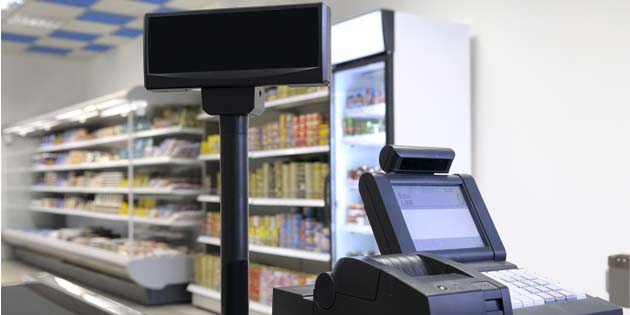IN OTHER NEWS – A new study finds that 1-in-5 Georgians admit to turning to alcohol when making big financial decisions.
Release:
- Half said reducing stress levels associated with their financial situations was the primary reason for drinking.
- 41% regretted making some financial decisions while inebriated.
- Infographic included.
Navigating significant financial decisions such as buying a home, consolidating credit card debt, or even declaring bankruptcy are among the most challenging and impactful choices people face in their lives. These decisions carry substantial emotional and financial weight, making it crucial to approach them with a clear and rational mindset.
But many people, when confronted with these difficult financial choices, often resort to avoidance strategies rather than addressing them directly. Alarmingly, one such strategy includes turning to alcohol as a coping mechanism.
A recent survey (3,000) conducted by CardRates.com revealed that a whopping 15% (almost 1 in 5) of Georgians admit to turning to alcohol when faced with major financial decisions. This compares to a national average of 21%.
Infographic showing a breakdown across each state
The survey explored which financial decisions most commonly lead to alcohol consumption:
Filing for bankruptcy: 32%
Taking out a loan (personal, auto, mortgage, etc.): 15%
Dealing with credit card debt: 13%
Retirement planning: 11%
Divorce: 10%
Changing jobs/careers: 8%
Making a large purchase (home, car, etc.): 6%
Investing a large sum of money: 5%
Over half (51%) of respondents noted that reducing stress levels associated with their financial situations was the primary reason for drinking. Interestingly, 25% admitted that they would drink alcohol to toast success in recent financial decisions they had made.
Additionally, 12.5% reported drinking specifically to help them make a financial decision, while 9% drank as an avoidance technique before making a decision. Unsurprisingly, 41% of respondents regretted making some financial decisions while inebriated.
Finally, almost two-thirds of Georgians acknowledged that drinking alcohol impairs their ability to make sound financial decisions, much like it affects their ability to do other activities such as driving. However, a concerning 18% of respondents said they believed that alcohol improved their decision-making abilities.
“These findings highlight a troubling trend where people turn to alcohol in an attempt to cope with the stress of significant financial decisions,” said Jon McDonald, Senior Editor at CardRates.com. “It’s essential to seek healthier coping mechanisms and professional advice when facing such pivotal choices to ensure the best possible outcomes.”









